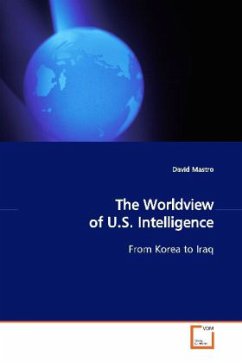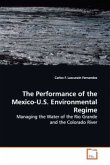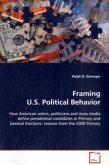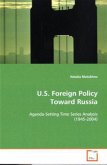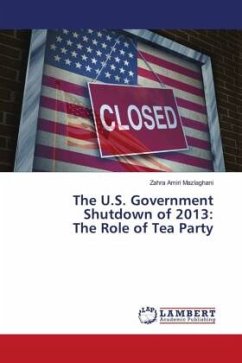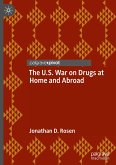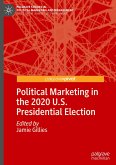What is the overall perspective from which the United States Intelligence Community (IC) sees and interprets the world? One might assume that several studies have tackled this question given that the IC's worldview is partly responsible for shaping its identity and its identity is meant to help satisfy these beliefs. However, no study has yet to determine what beliefs comprise the IC's worldview. This book is an exploratory analysis of the core beliefs that U.S. intelligence holds about world politics. I begin by conceptualizing the IC's worldview as the five philosophical beliefs in an operational code. Next, I hypothesize about how the IC views each of these cognitions in accordance with my theory that the IC's worldview underlies several U.S. intelligence norms. I then test my hypotheses using automated content analysis and statistical methods. This analysis will benefit academics studying the politics of U.S. intelligence, policymakers seeking reforms that are most useful forpreventing intelligence failure, or anyone else who may be interested in understanding why American intelligence agencies behave the way that they do.
Bitte wählen Sie Ihr Anliegen aus.
Rechnungen
Retourenschein anfordern
Bestellstatus
Storno

